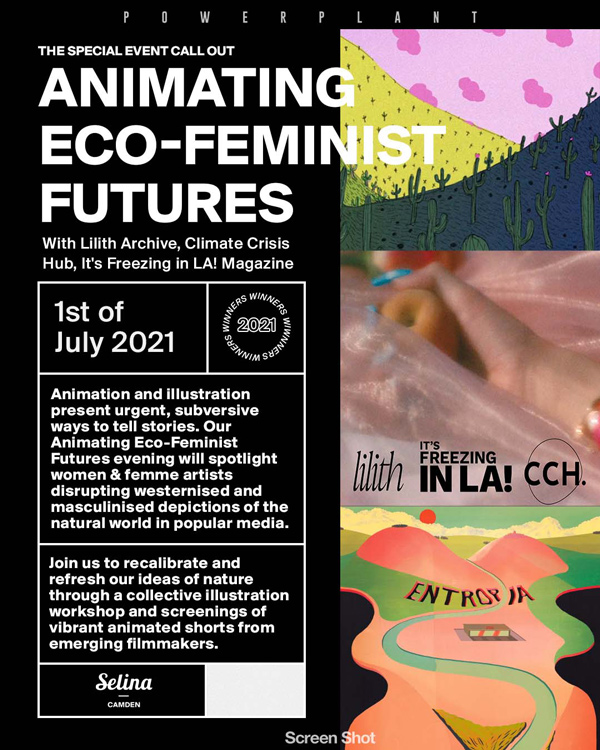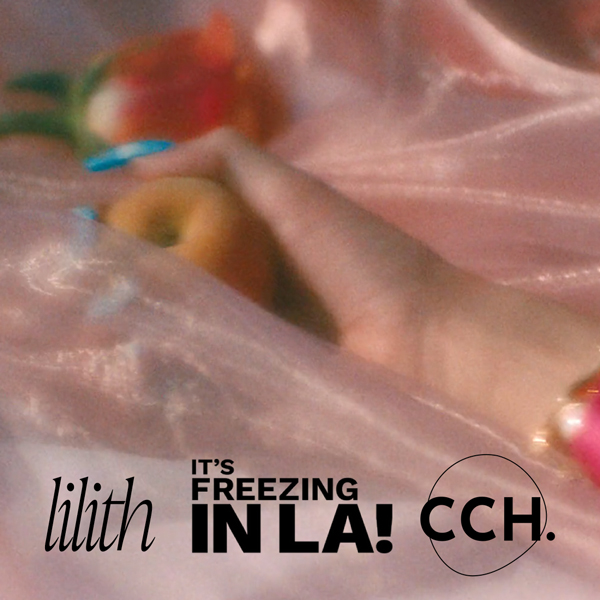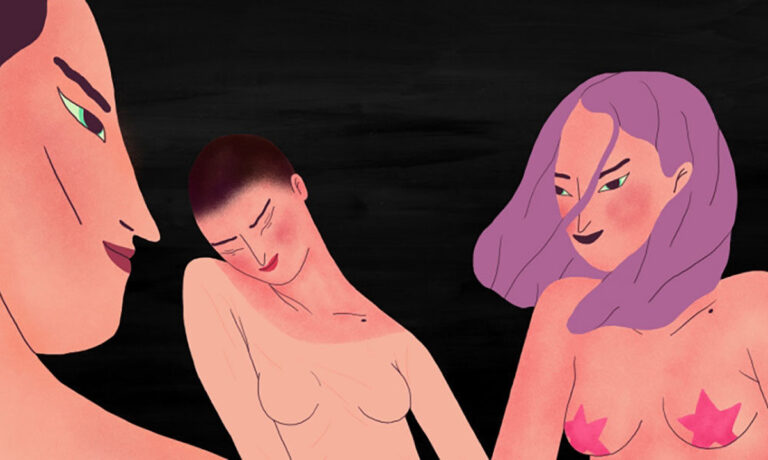Animating Eco-Feminist Futures: an event to discover alternative depictions of the natural world

By Alma Fabiani
Published Jun 24, 2021 at 12:07 PM
Reading time: 3 minutes
In partnership with Selina
As one of the ten winners of The Special Event Call Out we launched in partnership with Selina last month, Lilith Archive, Climate Crisis Hub, and It’s Freezing in LA! (IFLA!) magazine have teamed up to bring you Animating Eco-Feminist Futures, the perfect event to refresh your ideas of nature through an illustration workshop and screenings of vibrant animated shorts. Ahead of the evening, which will take place on Thursday 1 July at Selina’s new Camden location, we spoke to Zoe Rasbash, co-founder of Lilith Archive, about what tickets holders should expect.

“What we watch plays a massive role in determining our relationship with our ecosystem and planet—film is such an accessible way to learn about the world and share stories,” Rasbash told me when I asked her about Lilith Archive’s creation and where her need for a DIY digital film archive came from. “We became frustrated at how damn difficult it is to access independent films about nature that are produced, directed and filmed by women and non-binary people, particularly those from marginalised communities. When we think of ‘nature films’, we think of the same old format—the nature documentary—which often centres on stagnant, patriarchal, white, western narratives that reflect the makeup of the film industry more generally,” she added.
Despite their successes, these types of documentaries have a detrimental impact on the voices of frontline communities, woman and non-binary people, people of colour, disabled people and especially those from the Global South. “Yet at the same time, it is these people who are creating exciting and rebellious waves in environmental filmmaking,” Rasbash points out.
And in case, like me, you never had the chance to explore the inspiring, funny, cinematic, and devastating films which challenge patriarchal, colonial foundations, as well as the aesthetics of environmental filmmaking, Lilith Archive has come to save the day. “We created Lilith Archive as a way to platform the brilliant diversity of nature filmmakers and create an accessible resource for anyone to explore. And in the act of collectivising these films, we hope to support the ongoing efforts to challenge the inequality embedded in the film industry and western climate movement.”
What’s eco-feminism anyway?
Eco-feminism is defined as a philosophical and political theory: a movement that combines ecological concerns with feminist ones, regarding both as resulting from male domination of society. “It worked to connect struggles and see pathways to mutual liberation,” adds Rasbash.
“Here, we’re using it to help us think about how we can centre women and non-binary voices when we imagine a better, fairer, sustainable future. How can it be fun, colourful, vibrant, exciting? Animation frees us from the world we know to create new ones entirely from our heads! What does that world look like if we were to have fun with it?”
What should you expect from Animating Eco-Feminist Futures?
For the event, IFLA! art director Nina Rose Carter and fantastic illustrator Bug Shepherd-Barron will be leading a collective animation workshop drawing on the themes of the films, and guiding all attendees to creatively re-engage with nature. Participants will be guided into illustrating their own individual frames, which will then be brought together in a collective animation produced together.

As for Climate Crisis Hub, “they’re leading the way on using creativity to inspire action, with their online film festival in 2020 and recent re-launch of the hub providing access to tonnes of amazing films about climate change from filmmakers across the globe. They’ve been supporting us with essential technical know-how, and providing guidance on film programming and licensing,” explained Rasbash.
Next up, ticket holders will be invited to enjoy a screening of animated short films from emerging femme filmmakers. Speaking about the many ways a topic like nature can be covered, Rasbash said, “The films are about all ‘nature’ in a sense, but what’s exciting is each of the directors bring new and unexplored perspectives around the ‘human-nature’ relationship through brilliantly diverse animation and art styles.”
Of course, everybody’s welcome! “Our aim is to bring together anyone who’s interested in diversifying the climate justice movement and the world of film and animation to make these spheres more accessible, inclusive and diverse for all. We want to encourage individuals who are keen to collaborate, share ideas and learn from viewing and creating cartoons to engage with imagination and creativity as tools to make sense of the word,” she added.
If you feel like you’re ready to do just that, then why don’t you grab a ticket now before they’re all gone? Recalibrate and refresh your ideas of nature through a collective illustration workshop for only £12.10, just get yours here. And if you’re not fully convinced yet, here’s what Rasbash had to say to you, “Come and watch these cartoons, they’re so honestly so cool! Whether you’re big on environmental justice or just really into cartoons, it’s going to be super fun. People can find climate change and environmental conversations boring or overwhelming, whereas animation is a fun way to hear and see new voices and perspectives. You’ll also be able to have a try at animation yourself!”
Who could say no to that, right?





